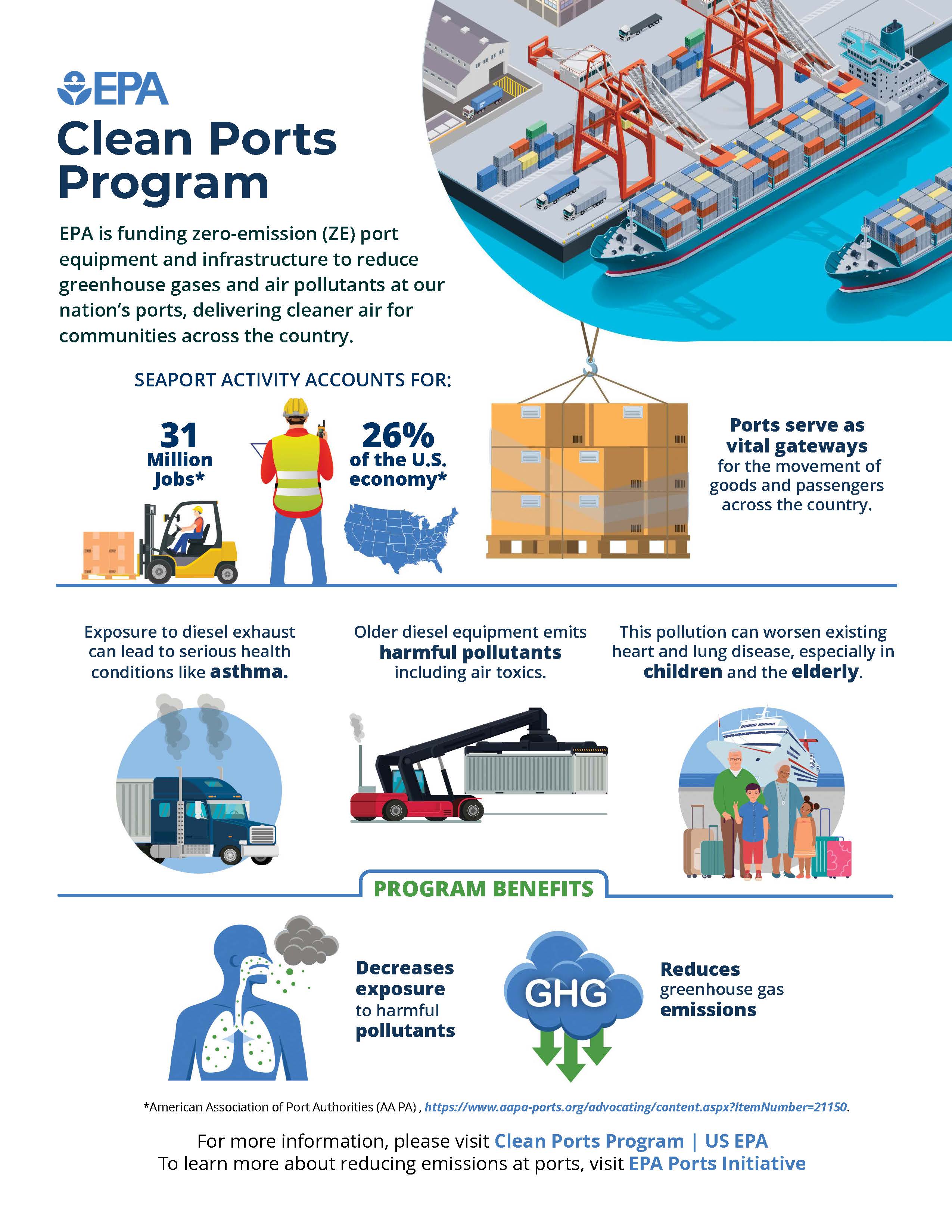Announcement
In its first-ever round of discretionary funding awards, the Million Mile Fuel Cell Truck (M2FCT) Consortium has granted nearly $1 million to five universities to move forward with innovative hydrogen research projects that can respond to the nation’s need to address the Climate Crisis.
The 2-year awards are as listed below:
- State University of New York Buffalo, $200,000: Integrating Highly Durable Carbon Supports and Intermetallic PtCo Catalysts for Heavy-Duty MEAs
- UC Irvine, $175,000: Materials and Design Solutions for PEMFC Durability
- Drexel University, $200,000: Advanced PILBCP Ionomer Composites for Durable Heavy Duty PEMFCs
- UC Merced, $150,000: Characterization and Simulation of Interfacial Transport Phenomena in the Membrane-Electrode Assemblies using Rheo-impedance and Imaging Diagnostic Tools
- Florida International University, $200,000: Real-Time Continuous Monitoring of Ionomer Degradation with Ion-Sensitive Field-Effect Transistor (ISFET) Microsensors
“The funding will be used to augment existing work within the consortium, including new materials and characterization technique development,” Weber said. “It will broaden M2FCT’s impact and move the needle on making fuel cells for long-haul trucking a reality by increasing fuel-cell efficiency and durability.”
The M2FCT Consortium is made up of five national laboratories and various industrial, academic, and other laboratory partnerships. It is co-led by LBNL's (Berkeley Lab’s) Adam Weber and LANL's Rodney Borup. The M2FCT core laboratories also include Argonne National Laboratory, National Renewable Energy Laboratory and Oak Ridge National Laboratory. Approximately 60 researchers across the national laboratories are involved in M2FCT research.
The purpose of M2FCT is to overcome durability and efficiency challenges in the development of proton-exchange-membrane fuel cells (PEMFCs), a type of fuel cell being developed mainly for transport applications, as well as for stationary and portable fuel-cell applications. The consortium is focusing on PEMFCs for heavy-duty applications with an initial focus on long-haul trucks. M2FCT works to support collaborative research related to fuel-cell efficiency and durability provides technical expertise and harmonizes activities with industrial developers across the Hydrogen Fuel Cell and Technology Office's HDV PEMFC portfolio, which is located in DOE's Office of Energy Efficiency & Renewable Energy.
This is M2FCT’s first round of discretionary funding, and more is expected in the future. Check our website for updates and future announcements.
SuperTruck 3 will fund five heavy vehicles manufacturers with a combined $127 million to pioneer electrified medium- and heavy-duty trucks and freight system concepts to achieve higher efficiency and zero emissions.

